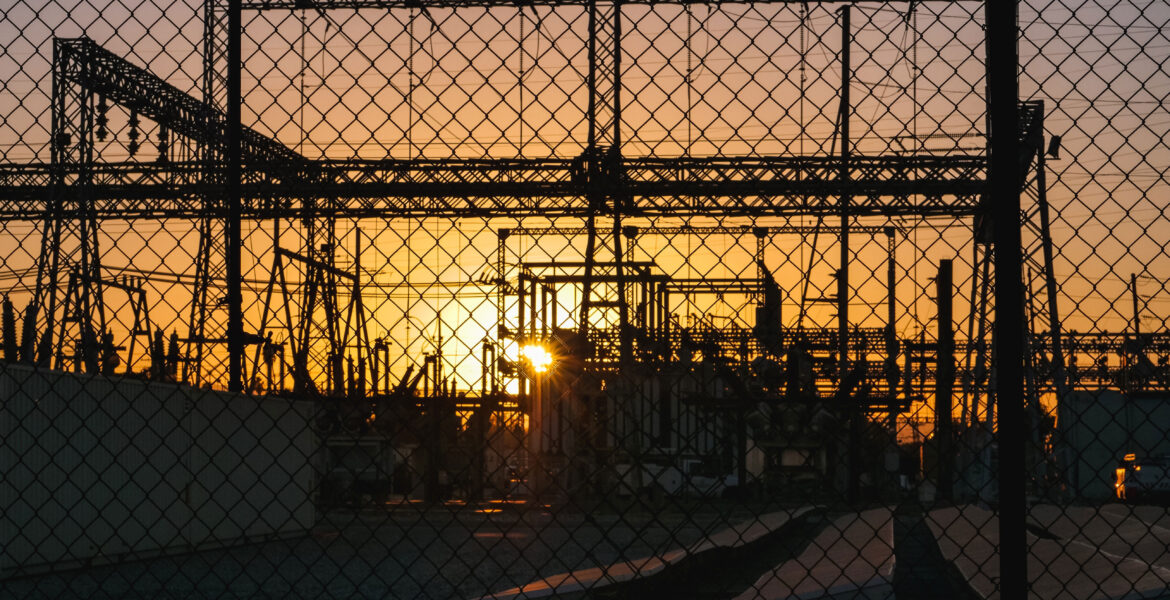- Benefits include enhanced energy security, addressing climate change
- BERA should hold utilities to financial and performance account.
Botswana presents considerable opportunities, particularly for solar energy but also from biomass sources, to reduce its dependence on fossil-based energy tremendously, a study released by the International Renewable Energy Agency (IREA) has concluded.
Titled “Renewables Readiness Assessment: Botswana,” the study shows that if exploited to their full ability, the untapped renewable resources can enhance energy security, address issues of climate change, increase access to modern energy services and facilitate economic development.
“The development of renewable energies can enable Botswana to meet rising power demand, reduce dependency on power imports, diversify generation and energy supply portfolios, mitigate climate change and increase access to reliable, clean energy to alleviate poverty as well as stimulate and drive economic development,” says the study.
It notes as is the case in most southern Africa countries, Botswana’s power system is characterised by unreliable electricity supply, lack of investment, poor maintenance and high service costs. It states that to meet its peak power demand, Botswana imports power from the Southern Africa Power Pool (SAPP) – mainly from South Africa – and that when imports are not available, the country resorts to use of costly backup diesel power plants.
“Botswana’s total primary energy supply (TPES) is fossil-based and (is) largely reliant on oil products and coal, complemented by biomass and waste energy,” the study points out. “A large proportion of total final energy consumption (TFEC) comes from biomass energy in the form of traditional wood fuel (27.8 percent).
“Botswana relies heavily on fossil fuels for its electricity generation, depending on two major coal-fired power plants (Morupule A and B) and a number of diesel plants. Until recently, Botswana relied on electricity imports to meet up to 94 percent of its demand. With the ongoing recovery of the Morupule B plant, the share of electricity imports in total supply has decreased to about 15 percent.”
The study shows that for Botswana to reach a more diversified share of renewable energy in its national energy mix, the country should transform its vision and roadmaps into binding commitments that contain specific renewable energy technology targets. It advises the country to operationalise Botswana Energy Regulatory Authority (BERA).
“Since establishment in 2017, the Authority remains largely non-operational,” the study asserts. “Operationalising BERA will require a guaranteed, sustainable and independent budget, as well as sufficient political independence and capacity to hold utilities to account for their financial and operational performance.”
The study also states that Botswana should establish a grid code that is conducive to variable renewable power. “Under the authority of the BERA, grid codes prioritising access to the grid for electricity generated from renewables, as well as its dispatch based on marginal cost, should be developed to govern all current and future electricity generators,” it says.
“These codes should replace the BPC operational manual that currently governs transmission and will serve to provide transparency concerning grid access by independent power producers (IPPs). The BPC is currently a vertically integrated utility, potentially transitioning towards a single buyer model.”
IRENA is an intergovernmental organisation that supports countries in their transition to a sustainable energy future. It serves as the principal platform for international coperation, a centre of excellence and a repository of policy, technology, resource and financial knowledge on renewable energy.

